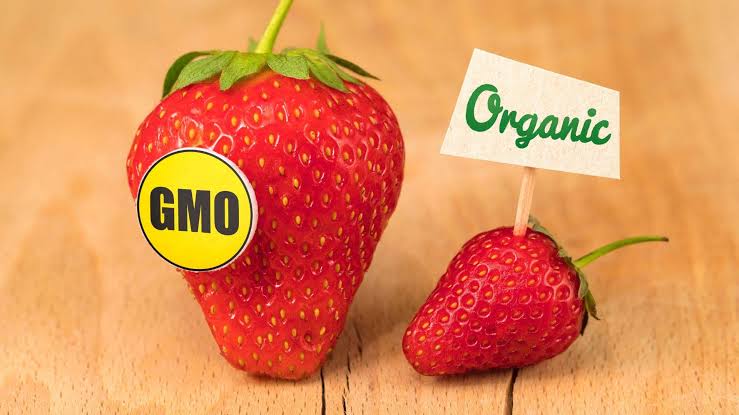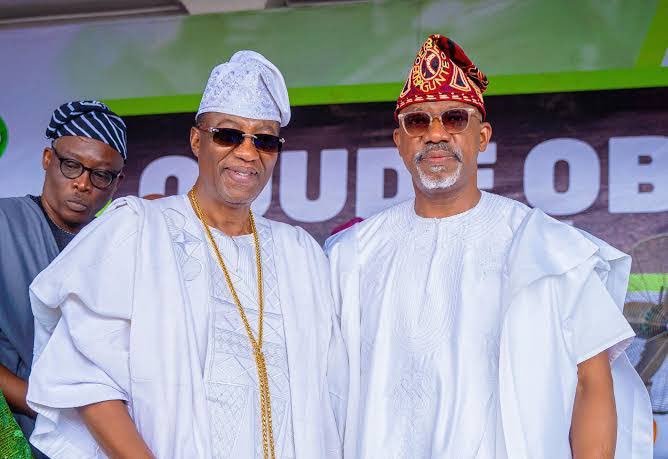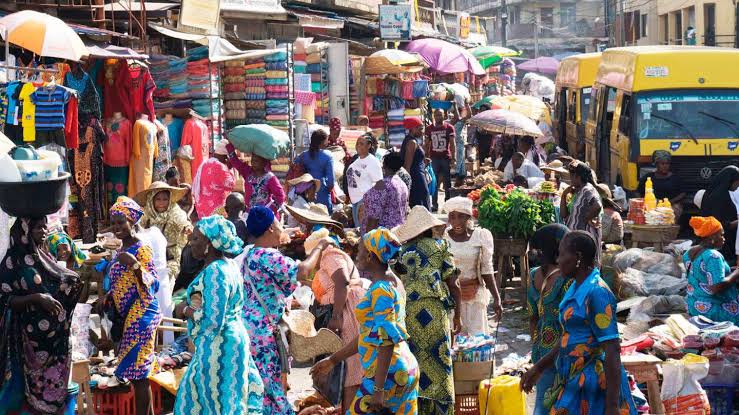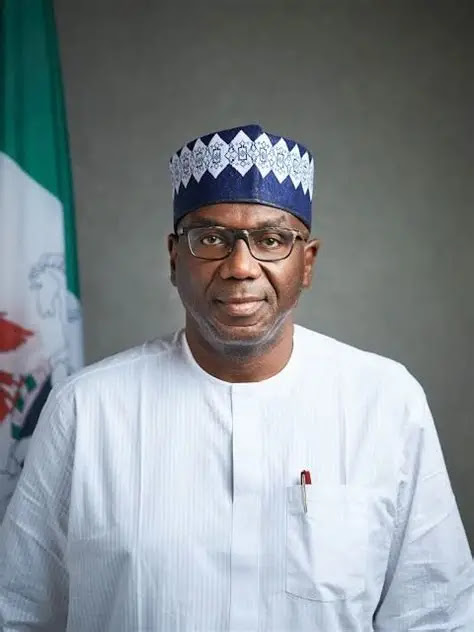
The introduction of genetically modified organisms (GMOs) in African agriculture has sparked intense argument. While proponents argue that GMOs can increase crop yields and improve food security, we should be concerned about their potential impact on human health and the environment. As African governments consider their options, it is essential to weigh the pros and cons of GMOs and invest more in organic farming solutions.
The impact of consuming GMO foods on human health is still not fully understood. It has been discovered that GMOs can lead to the development of “superweeds” and “superpests,” increased chemical use, and loss of biodiversity. As GMOs often require specialized seeds, pesticides, and fertilizers, which can create dependence on external firms and undermine local food systems.
In contrast, organic farming system promote soil conservation, fertility, and biodiversity. It encourages the use of diverse crop varieties, reducing reliance on a single crop. And it is free from genetically modified organisms, pesticides, and other chemical residues, which are inimical to human health and environment.
In Nigeria, when herders’ attack on innocent farmers and farm lands spreads across the nation, I sense the fingers of external actors in it, bidding to cause food insecurity in order to cripple our economy and force us to accept any other alternative means of survival they may suggest to us. Food insecurity crisis is a weapon of warfare and a medium through which Western nations could squeeze GMOs produce into the affected territories. Standing on the same page with many critics, I am of the view that GMOs foods are laboratory set-up for Western continues dominance and population control in distant lands.
Ever since the West invaded and enslaved Africans, their propaganda about helping Africans always play out to be a Trojan horse, positioned against the African population. Bill Gates’ philanthropic efforts in Africa may seem benevolent on the surface, but a closer look reveals a more complex picture. His initiatives, such as vaccine distribution and agricultural development, are driven by Western interests that do not necessarily align with the needs and values of African populations. it is essential for African leaders to be cautious of external influential figures who most often have ulterior motives.
Rather than relying on GMOs, African governments should support and protect organic farming practices, research, and development to improve crop yields and food security. They should protect farmers and encourage local food production, processing, and consumption to reduce dependence on external inputs, which in all ramification remains another form of enslaving oneself to external agents.
They should ensure that consumers have access to information about the food they eat and can make informed choices about GMO-free and organic produce.
The GMO contest is complex, and there is no one-size-fits-all solution. However, by prioritizing, subsidizing and investing in organic agriculture, and promoting local food systems, African governments can create a more sustainable and equitable food system that benefits both the African population and their environments.
– Ambassador Ezewele Cyril Abionanojie is the author of the book ‘The Enemy Called Corruption’ an award winner of Best Columnist of the year 2020, Giant in Security Support, Statesmanship Integrity & Productivity Award Among others. He is the President of Peace Ambassador Global.








